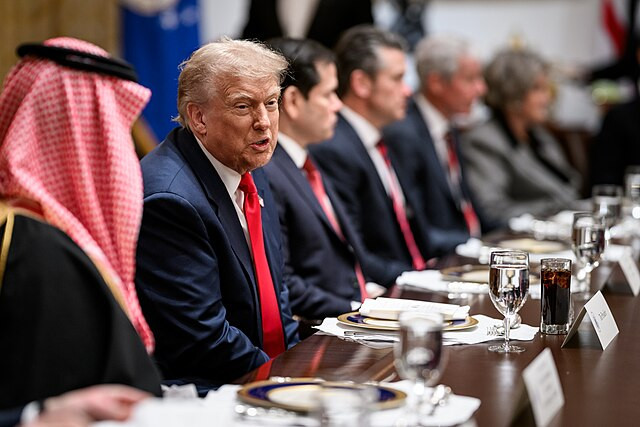President Donald Trump reignited tensions with the press on Wednesday after berating a journalist who questioned his claims about the vetting of an Afghan national accused in the fatal shooting of two National Guard members near the White House. The confrontation unfolded during a press conference on November 27, intensifying scrutiny of the administration's response to the attack and its renewed push for sweeping immigration restrictions.
The exchange came amid rising political pressure following the shooting allegedly carried out by Rahmanullah Lakanwal, an Afghan refugee who entered the United States under Operation Allies Welcome, the Biden-era resettlement program launched after the U.S. military withdrawal from Afghanistan. The incident has fueled a broader debate over national security protocols and the administration's handling of migrant admissions from conflict regions.
During the briefing, a journalist referenced a U.S. Department of Justice Inspector General report stating that Afghan evacuees had undergone vetting procedures by the Department of Homeland Security and the FBI. Trump rejected the assertion outright, insisting, "There was no vetting or anything. They came in unvetted." When the reporter pressed him to reconcile his comments with the federal findings, he erupted: "Because they let them in. Are you stupid? Are you a stupid person?"
The remark abruptly halted the line of questioning, underscoring the volatile dynamic that has come to define many of Trump's exchanges with the White House press corps. The President continued by claiming that a legal framework made it "almost impossible" to remove individuals once admitted and condemned the resettlement program as a "mess" that he said "never should have happened."
The confrontation adds to a series of recent incidents in which Trump has used derisive language toward journalists. Earlier this month he referred to one female reporter as "piggy" and another as "ugly, both inside and out." Media advocates and press freedom groups have described the pattern as an escalating form of public intimidation designed to deflect scrutiny.
The broader context-an attack that killed one guardsman and left another wounded-has amplified the political stakes. Trump has used the tragedy to advance a hardened immigration agenda, calling for a review of all asylum and immigration cases involving individuals from "countries of concern." Rights groups have warned that the rhetoric risks inflaming public sentiment and mischaracterizing resettled Afghan allies who supported U.S. operations abroad.
Lakanwal, who reportedly worked with U.S.-backed military units in Afghanistan, received asylum in April under the Trump administration, complicating attempts to attribute the admission solely to prior vetting systems. He remains in custody following the shooting.
For journalists covering the White House, the confrontation has become a symbolic moment. Trump's question-"Are you a stupid person?"-has been cited across major outlets as emblematic of the administration's adversarial posture toward the press at a time when public accountability is central to the national debate over security, migration, and civil liberties.






